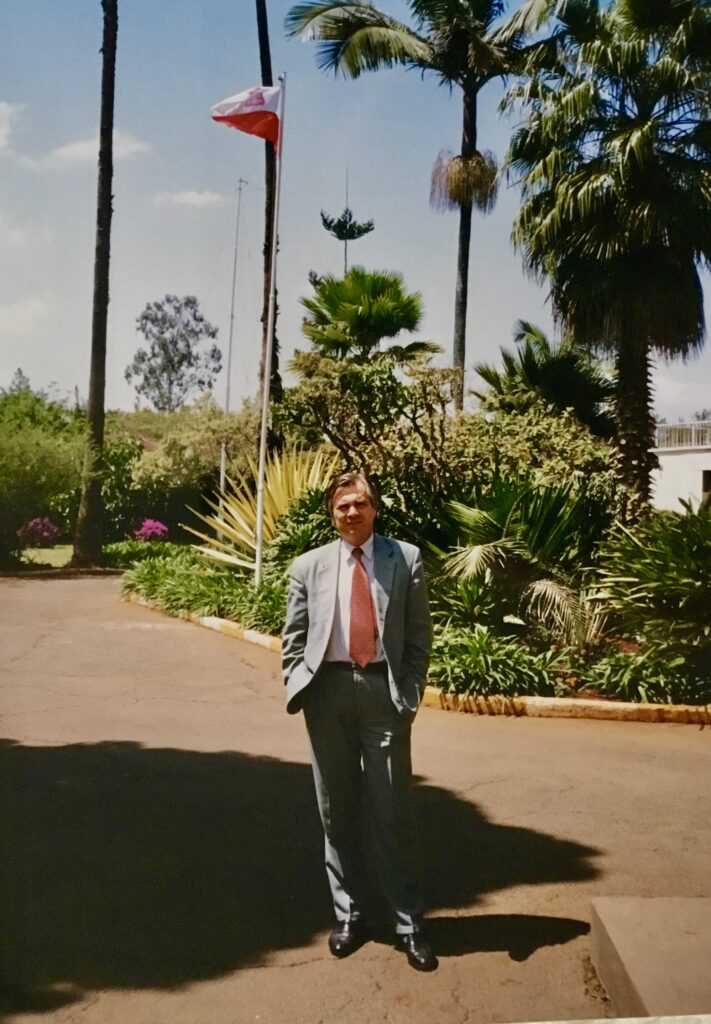Today, we continue the review of foreign policy doctrines which consist in responding to the behaviour of other countries through the use of restrictive measures.
The American boycott of Cuba is a good example of a geopolitical reaction in its origins, which, despite its lack of effects over more than half a century, has grown into an attitude, dictated largely by the desire to solicit the votes of the Cuban political diaspora, and not by the interests foreign policy.
As late as 1958, the US imposed an arms embargo on Cuba, harming the Bautista regime more than the Castro guerrillas. And after the revolution had won, the embargo gave the Cuban new government a pretext to ask the USSR for military supplies. In the summer of 1960, the Americans significantly reduced the amount of the imports of Cuban sugar, which Castro treated as a hostile act (and again he was helped by the Soviets who decided to buy up Cuban sugar surpluses). So when the Americans stopped delivering crude oil to the island in October 1960, Castro, of course, could count on the Soviet oil filling the gap. This supply, however, was refused by American-owned refineries. The revolutionary Cuban authorities nationalized (without compensation) American oil refineries, and the United States imposed the first embargo on the export of all American goods (except food and medicine) to Cuba. So the Cubans went all the way and nationalized all American companies on the island.
The USA broke off diplomatic relations in early 1961 and succeeded in Cuba’s exclusion from the Organization of American States (Cuba returned there in 2009). They also exerted pressure on the introduction of multilateral sanctions within the framework of the Organization (in force in 1964-1975). Following the failure of the Bay of Pigs operation in April 1961, relations deteriorated even further. In 1962, President Kennedy extended the scope of the sanctions several times, which then included a total embargo on trade with Cuba (except for food and medicine). After the missile crisis in the fall of 1962, Americans were banned from travelling to Cuba. And the Cubans call the American embargo “el bloqueo” to this day.
The European allies, as well as the developing countries, did not want to join the American sanctions against Cuba, despite the unwavering efforts of successive US administrations. America remained lonely in its anti-Cuban stand. In 1992, for the first time, the UN General Assembly adopted a resolution criticizing the embargo. And with time it had already entered into the customary routine of adopting resolutions which were exposing American political isolation (confirmed by the fact that only one country, i.e. Israel, joined the US in voting against resolutions, while only countries like the Marshall Islands or Palau abstained). The US, as on no other issue at the UN forum, was all alone.
The Cuban embargo encouraged critics of American politics to use it as the crowning proof of the hypocrisy of American politics, which allowed to strangle the tiny island and its inhabitants, while offering support and compassion to dictators and butchers (Duvaliers, Pinochetes, Marcoses and others) in no way better than the Castro brothers and their successors. The US blockade gave the Cuban government an excuse to explain economic failures and curtail civil liberties.
President Obama eased the sanctions. Diplomatic relations resumed, and in 2015 the first US-Cuban summit took place after more than half a century. But there is still a long way to go to a fundamental breakthrough. Travel restrictions for US citizens and the economic embargo persist. President Trump, moreover, reversed some of Obama’s decisions to ease the sanctions. In the opinion of experts, the internal determinants of American policy are of key importance. Every American politician striving for the support of Florida in presidential elections must take into account the opinion of the influential Cuban lobby, and the lobby demands a tough and relentless policy.
The embargo had no effect on Cuba’s international standing and its policies. It did not weaken the power of the regime in any way. The communist kobold is alive, although not in the same health as before, and although without the same ability to misbehave, as previously in Africa (Angola, Mozambique, Ethiopia), it irritates America. It is with this objective in mind that Cuba supports the policies of Russia, including its aggression against Ukraine.
The embargo stays in force as a symbolic expression of disagreement with the Cuban revolution. Despite the obvious losses for the American image, it is nevertheless not a big burden for the world superpower. In the conceptual dimension, it is perceived as a relic, because it affects innocent citizens, instead of touching the ruling elite. The only consolation for the US authorities is that the communist regime in Cuba must collapse sooner or later, and then it will be universally recognized that the embargo served a good cause. Finis coronat opus.

